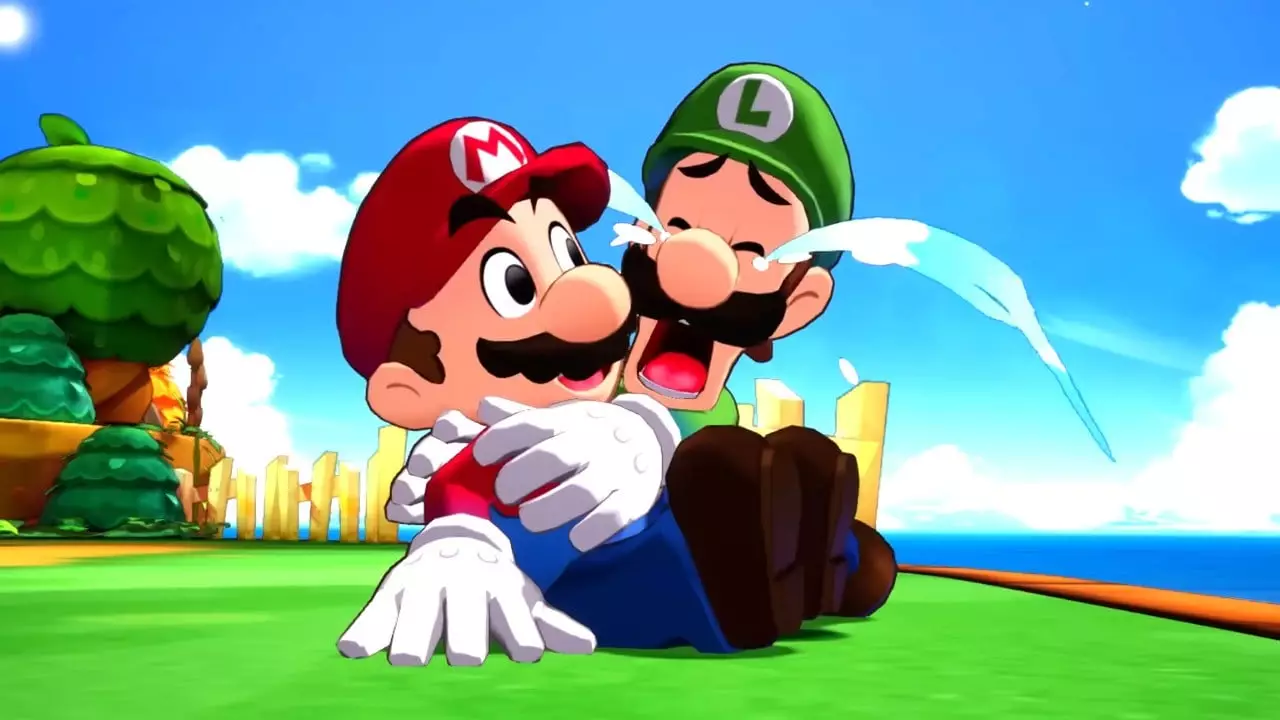Recently, Nintendo has initiated a lawsuit against Jesse Keighin, an individual who operates under the online pseudonym ‘EveryGameGuru.’ The lawsuit, which underscores Nintendo’s firm stance against piracy, alleges that Keighin has engaged in the repeated streaming of pirated Nintendo Switch games, effectively promoting piracy tools and emulators to his viewers. This situation not only highlights the ongoing battle between video game companies and copyright infringement but also raises questions about the responsibilities of content creators on digital platforms.
The lawsuit details an escalating series of infractions attributed to Keighin. According to Nintendo, he did not merely stream copyrighted material but went a step further by monetizing his streams. Despite warnings from Nintendo, he allegedly continued to showcase gameplay of unreleased titles, like the recent addition to the Mario franchise, Mario & Luigi: Brothership. This insinuation of arrogance is compounded by his reported communication to Nintendo, where he boasted about having “a thousand burner channels” to continue his activities unabated. Such statements not only reflect a blatant disregard for copyright laws but also a troubling attitude toward the repercussions of piracy.
Understanding Nintendo’s Legal Position
Nintendo’s response to this situation is a clear demonstration of its commitment to safeguarding intellectual property rights. The company is seeking $150,000 for each instance of copyright infringement, which when multiplied by the alleged fifty occurrences over the past two years, could result in a staggering $7.5 million claim. This figure serves to underline not only the financial implications of piracy but also the potential damage to the gaming industry as a whole. It speaks volumes to the threats faced by developers and publishers in an age where pirated content is easily accessible.
This case is particularly illuminating for the wider content creation landscape. As more streamers and YouTubers emerge, the lines between entertainment and legality become increasingly blurred. Content creators face profound ethical considerations when dealing with copyright material; the ongoing case against Keighin serves as a cautionary tale for those who might be tempted to flout copyrights under the guise of entertainment. The notion of promoting illegal tools and methods raises questions about accountability within digital communities.
Nintendo’s lawsuit against Jesse Keighin is a significant moment in the ongoing struggle against piracy and copyright infringement in the digital realm. It is a stark reminder of the consequences that can ensue when content creators disregard the legal boundaries set forth by intellectual property laws. As the gaming industry fights to protect its interests, aspiring content creators must navigate the complicated landscape of digital rights carefully, ensuring they understand the legal implications of their actions. Ultimately, this case should serve as both a warning and a lesson on the importance of respecting creative work in all forms.

